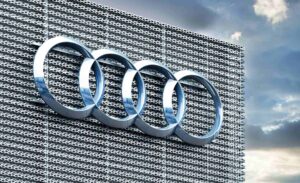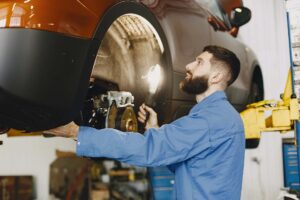No matter how much attention you pay on the road, accidents happen. Sometimes, it’s not even anyone’s fault. All it takes is bad weather to end up with a wrecked vehicle. If you’ve experienced this unfortunate thing, you must be wondering – What to do with a totaled car? What are your options now? Should you sell it to a junkyard or maybe try to repair it?
The first option is to let the insurance company cover the damages. However, the outcomes vary greatly depending on state laws and what kind of insurance coverage you have. If you decide to keep the vehicle, there are numerous things you could do with it, from selling it to a junkyard to trying to repair it yourself.
What Is Considered a Totaled Vehicle?
The term “totaled” actually comes from insurance policies and different regulations that are put to use if your vehicle has sustained damage during an accident. With more than 10 million traffic accidents occurring each year, only the luckiest ones will go through their entire driving career without something like this happening. That’s why it’s important to understand your options if it happens and you end up with a totaled vehicle.
Here Are the Most Common Scenarios That Result in a Totaled Car
There are many different reasons why someone would end up with a totaled vehicle, and not all of them imply that the driver’s responsibilities have been neglected by those involved. These unfortunate events frequently occur because of equally unfortunate wrong-place-wrong-time scenarios, especially when driving at night or through cities with the worst drivers.
Here are some of the most common scenarios that end up with a totaled vehicle:
- Traffic accidents,
- Auto theft,
- Floods, hail, or hurricanes,
- Smoke or fire.
Totaled Car Has Cost Repairs That Exceed Its Market Value
If a vehicle gets damaged, insurance companies will “total” the four-wheeler if the cost to repair it exceeds its market value at the time of the accident. So, if your vehicle is pronounced totaled, it basically means that the insurance company concluded that it isn’t worth repairing. They may replace your totaled vehicle with a similar one or offer a cash payment equal to your four-wheeler’s market value.
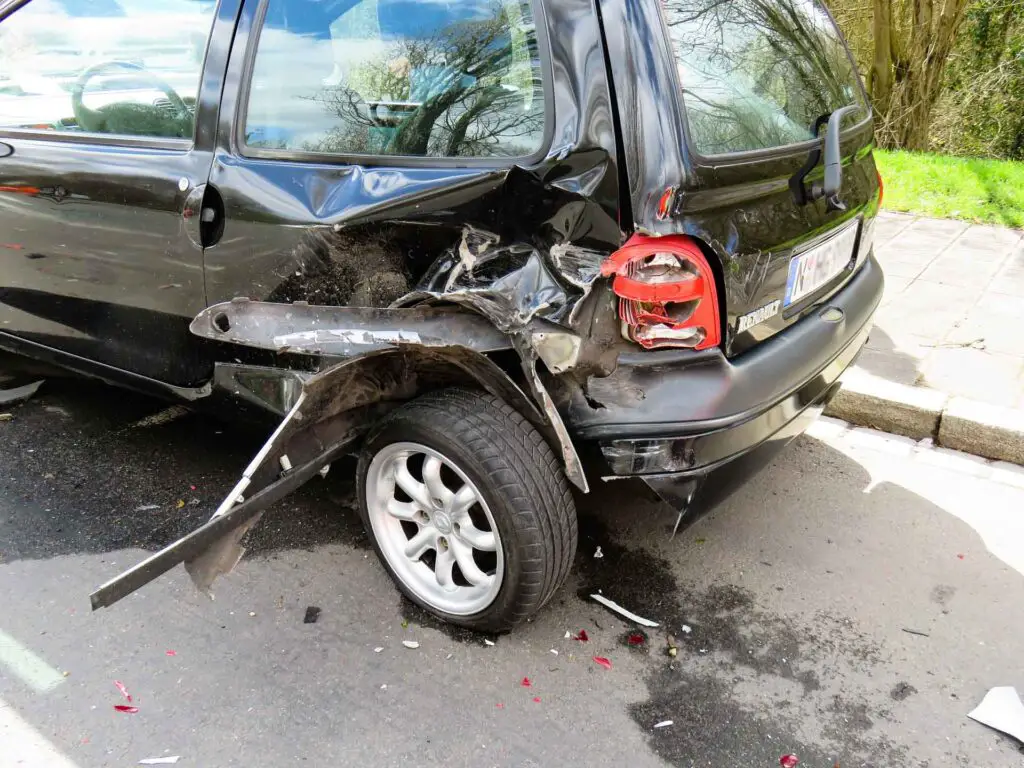
Pronouncing a Vehicle Totaled Depends on the Regulations in Your Particular State
When it comes to coverage of totaled cars, regulations vary state by state and from one insurance company to another. So, the results you can expect when filing an insurance claim depend on your particular location and the details of the accident. Once the claim has been filed, the insurance company will assign a claims adjuster to determine how much they should pay out on the claim.
Insurance Companies Have Their Own Ways of Determining if a Car Is Totaled
While the laws are similar in most states, there are some exceptions, so it’s important to contact the nearest DMV or look up local regulations online. Each state has its threshold for declaring totaled vehicles, and insurance companies can choose to lower that threshold. For example, if repairing the damages costs 80% of the actual cash value (ACV) or the value of the vehicle just before the damage, your four-wheeler may be totaled, and then you will get paid the vehicle’s ACV.
Different Types of Coverage for Vehicle Accidents
Of course, the type of insurance coverage you can expect depends on the circumstances of the accident, as well as the policies set in place by your chosen insurance company. Here are the four kinds of insurance coverage that might cover totaled vehicles, as well as their most important aspects:
| Insurance Coverage | Scenario for Which It Is Applicable | Most Likely Outcome |
| Collision Coverage | Crash with another vehicle or immovable object | Property damage will be covered |
| Comprehensive Coverage | Non-crash-related damage (severe weather, theft, etc.) | Property damage will be covered |
| Property Damage Liability (PDL) | If the other driver was at-fault for the accident | Property damage will be covered |
| Uninsured or Underinsured Motorists | If the other driver was at-fault and not insured | Property damage and bodily injuries will be covered |
The First and Most Logical Option Is to Let the Insurance Company Cover the Damage
If you have auto insurance, you’re probably expecting the insurance company to cover any damages that occurred during the accident. As mentioned, if the repairs cost less than the ACV of your vehicle, they will be covered. However, your four-wheeler will be declared a total loss if it costs more to repair it than its actual market price, and you will get reimbursed for the ACV of your vehicle and not the repairs.
There Are Two Main Methods for Calculating a Total Loss
Depending on the state regulations, the insurance carrier will use either the fair market value or the total loss formula in order to determine if your vehicle should be declared totaled. The fair market value method depends on the ACV, or in other words, the market value of your vehicle just before the accident, and it takes depreciation into account as well. The total loss formula is calculated by taking the car’s salvage value, or the amount you could get for it at a junkyard, and subtracting it from fair market value.
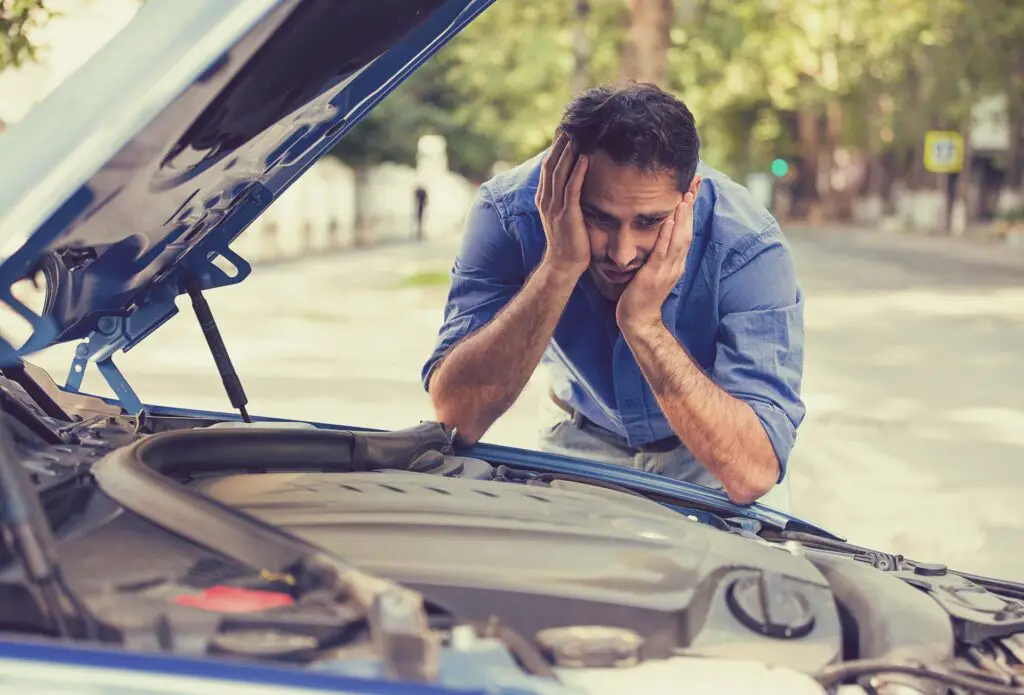
If You Owe Money on a Car Loan the Reimbursement Will Go Towards Paying It Off
If you’re happy with the insurance company’s offer but still owe some payments for your loan, the reimbursement will usually be split between you and your lender. After the loan is completely paid off, you can keep the remaining money. However, if you owe more than the insurance company’s payment, you will be responsible for taking care of that difference.
You Always Have the Option to Challenge the Offer if You Believe It’s Too Low
As mentioned, there are several outcomes you would expect, depending on the laws in your state and what kind of insurance coverage you have. If your vehicle is declared totaled, you might be offered a cash payment that is equivalent to the ACV of your vehicle or a replacement with a comparable four-wheeler. Whatever the outcome may be, you can always challenge the insurance company’s offer if you believe it’s too low or go with any other alternative option discussed below.

What to Do With a Totaled Car if You Want to Keep It or the Insurance Company Won’t Cover the Repairs?
If, for whatever reason, you want to hang onto your vehicle after it’s been declared totaled, it’s all about simple negotiation that starts with making the insurance company aware of your wish. Usually, you won’t have much problem with this because the carrier will end up paying the same amount of money no matter if you decide to keep it or not.
Here are a few things you could do if you opt for keeping your vehicle:
Sell the Vehicle to a Junkyard
Salvage or junk yards will pay you in cash for your totaled machine, and they usually offer hauling services you have to pay for additionally. It’s a good option if you decide on getting a new four-wheeler – with the car prices being so high, the money you get from a junkyard can go towards investing in a new vehicle. Besides, it’s less hassle than selling individual parts.
Take It to a Car Dealership as a Trade-in
Some dealerships will take a totaled vehicle as a trade-in, so if you plan on buying another brand-new or used car, it might be a better option than selling it to a junkyard. If you opt for the trade-in, it would be a good idea to make sure you’re offered a fair amount in trade by getting a professional appraisal of the vehicle.
Use or Sell the Spare Parts
Keeping the vehicle and its spare parts is obviously a good idea if you’re considering buying a similar model or if you own such a machine already. However, if you don’t need the parts yourself, you could sell them to other people who own vehicles with interchangeable parts. While it definitely takes more trouble and effort than simply selling the whole machine to a junkyard, you might be able to earn more money this way.
Donate the Vehicle to a Nonprofit Organization
There are numerous charities that accept auto donations, including cars that have been declared totaled. Besides doing something good by supporting nonprofit organizations, you may have the added benefit of claiming it as a tax deduction. Just be sure to get a receipt that clearly shows the date you made the donation, as well as the name of the nonprofit organization.
Those That Are More Mechanically Inclined Can Choose to Repair the Totaled Vehicles Themselves
If you’re allowed to keep your four-wheeler, but you’re interested in driving it again, you obviously won’t be able to drive the vehicle right away. Once a machine has been declared a total loss, it needs to be repaired, pass various inspections, and it will eventually be given a salvage title. No matter if you plan on cruising through city streets or doing some off-road driving, your machine will have to get registered at the DMV. In order to do that, you have to have proof of inspection and the vehicle title.
You Should Repair the Car Only if You Think It’s the Best Possible Option
Repairing a totaled vehicle is obviously much more than simply changing a flat tire or taking care of bad spark plugs. Even if you think you have decent knowledge about auto mechanics, you should carefully weigh out the options. Take into consideration how long you plan on driving the four-wheeler, especially if you’ll have to take out a loan for the repairs.
Of course, the most important thing is to objectively decipher if the vehicle is actually fixable. If you can’t get it to a driveable state again, you obviously shouldn’t invest in repairs. But, if the machine can be fixed, getting an estimate on how much it will cost and figuring out how you’ll finance it is of utmost importance.
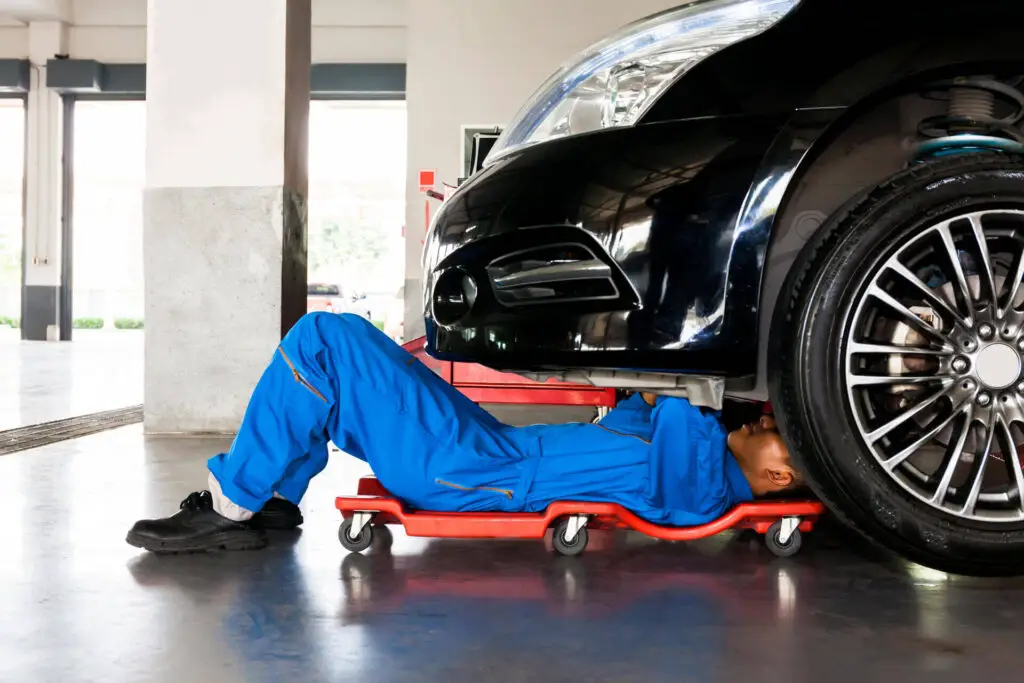
Now That You Know All of the Options, It’s Time to Decide What the Best Course of Action for Your Particular Situation Is
Determining your best course of action depends on multiple factors, from the regulations in your particular state to your insurance coverage. So, there’s no one-size-fits-all recipe when it comes to your vehicle being declared a total loss. However, now that you know all of the options, it will surely be easier to decipher the best possible outcome for you. Good luck!


